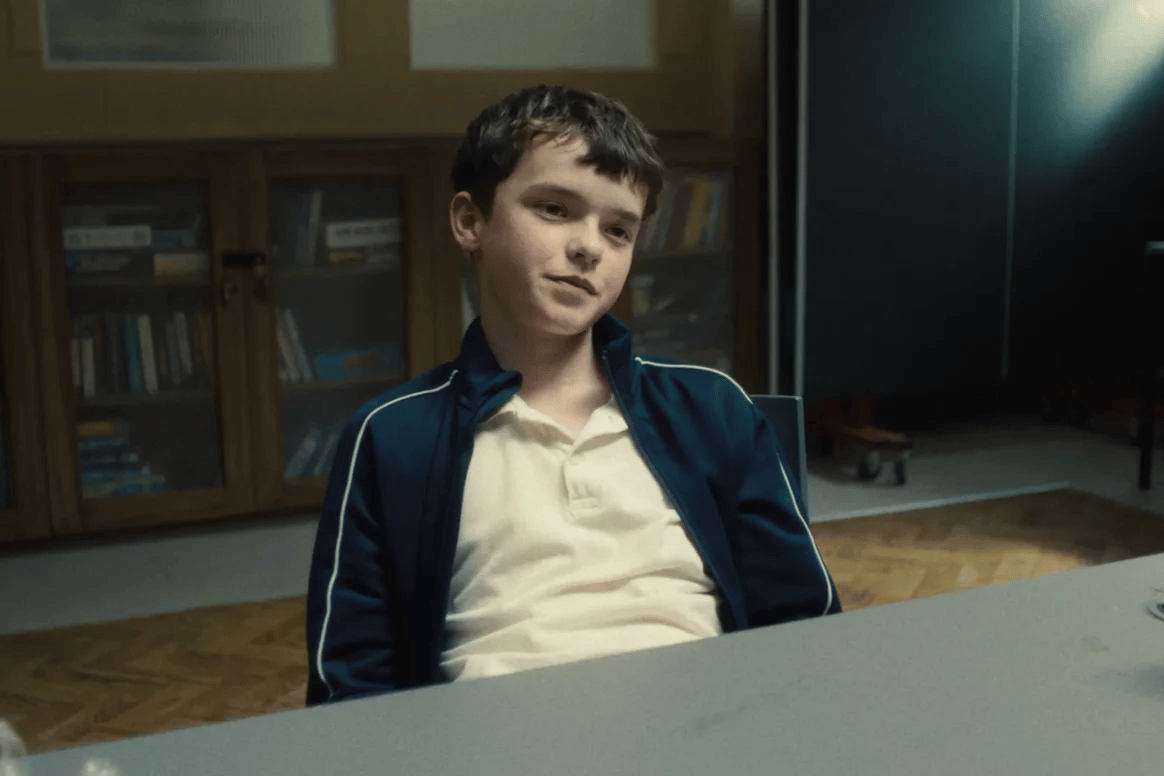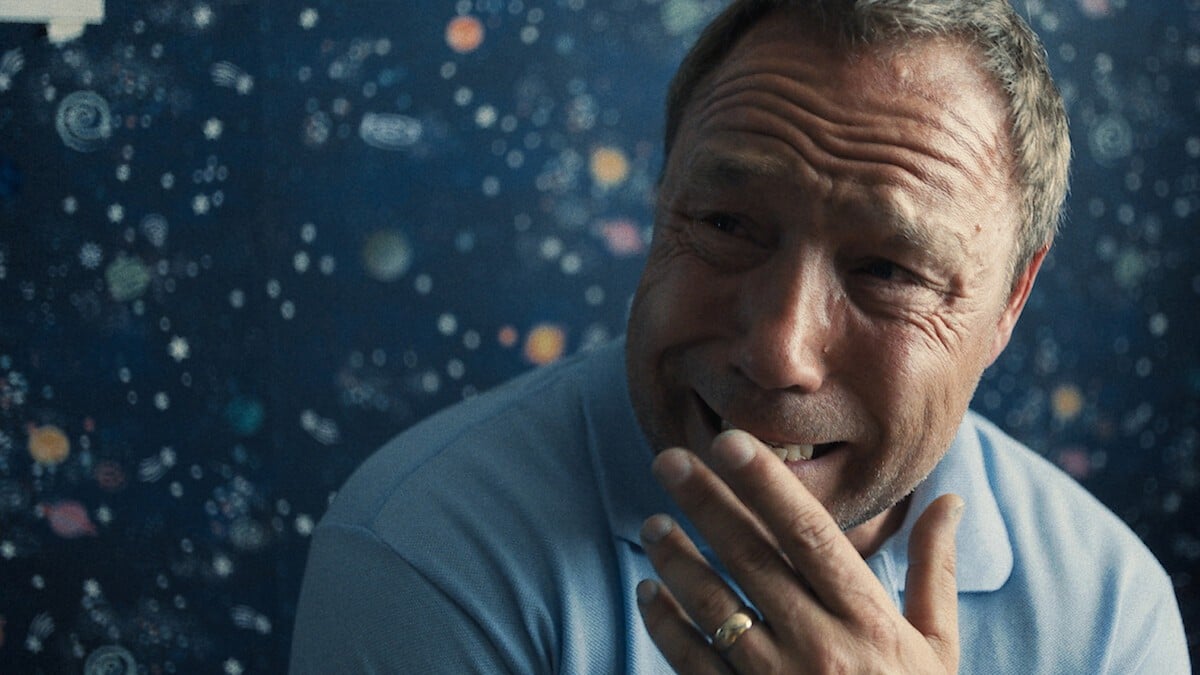
If you just binged Netflix's thought-provoking series Adolescence then there's a good chance you've had to Google quite a few terms mentioned.
The four-part limited series inspired by true events is about a 13-year-old boy Jamie (Owen Cooper) murdering Katie, a girl from his school. The series has shone an important light on how misogynistic online rhetoric is shaping the way these boys view women and girls.
One term that is popular in Andrew Tate's 'manosphere' and incel communities is the 80/20 theory, which gets a mention in two pivotal episodes.
Watch the trailer. Post continues after video.
In Episode 2, Detective Bascombe's son Adam explains to his dad that Jamie's views were influenced by the notion that "80 per cent of women are attracted to 20 per cent of men."
Adam said in the episode that this means, for the 80 per cent of apparently undesirable men, they have to 'trick' women to go out with them.
The subject surfaces again in Episode 3 as clinical psychologist Briony interviews Jamie about what motivated the murder.
Jamie admits that he's been influenced by incel ideologies and the "80-20 thing," as he describes it, which contributed to the way he approaches girls at his school. Jamie's belief in the 80/20 theory would lead to him targeting fellow student Katie, who he had initially thought wouldn't date him because he was 'ugly'.






























































































